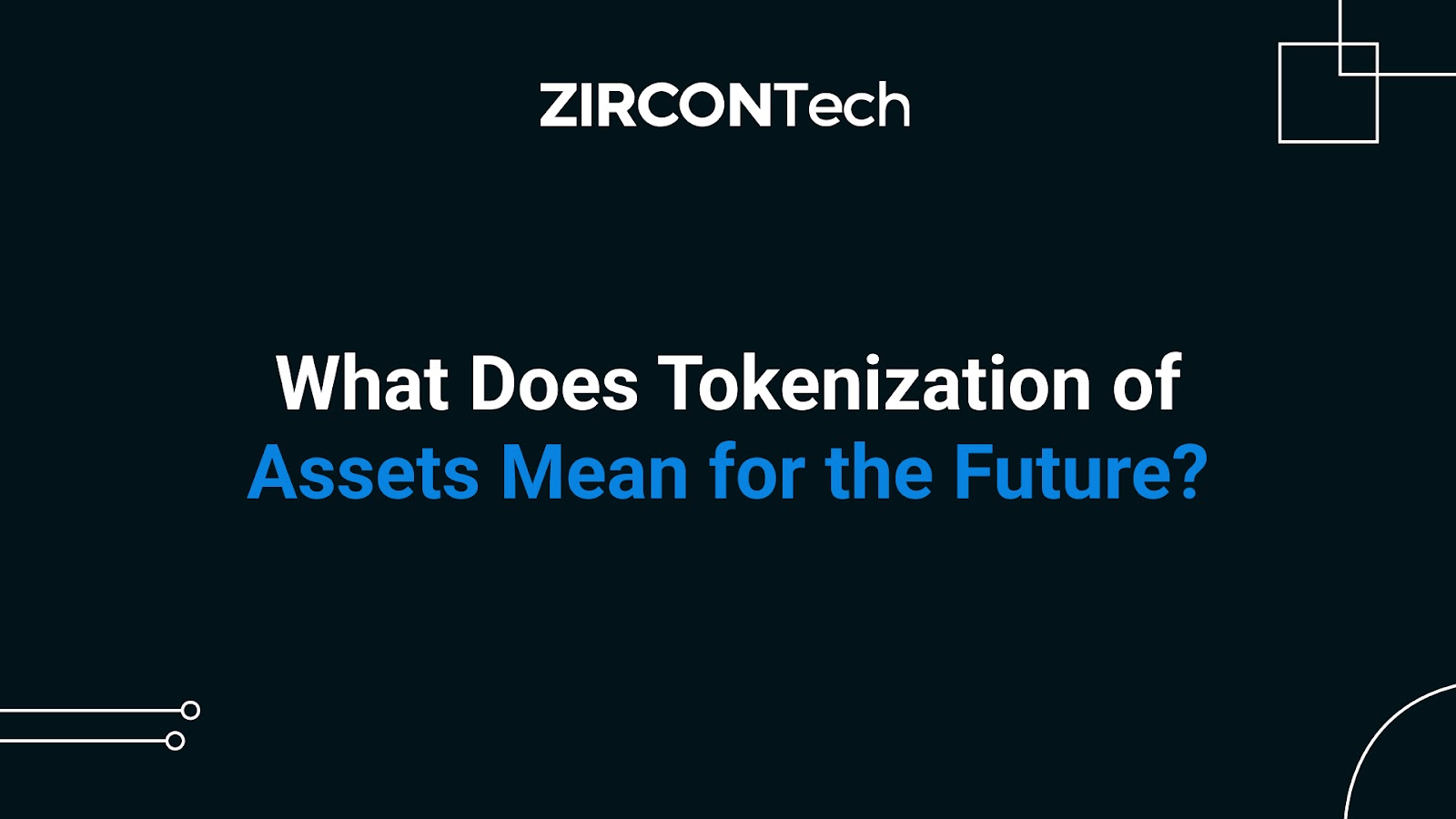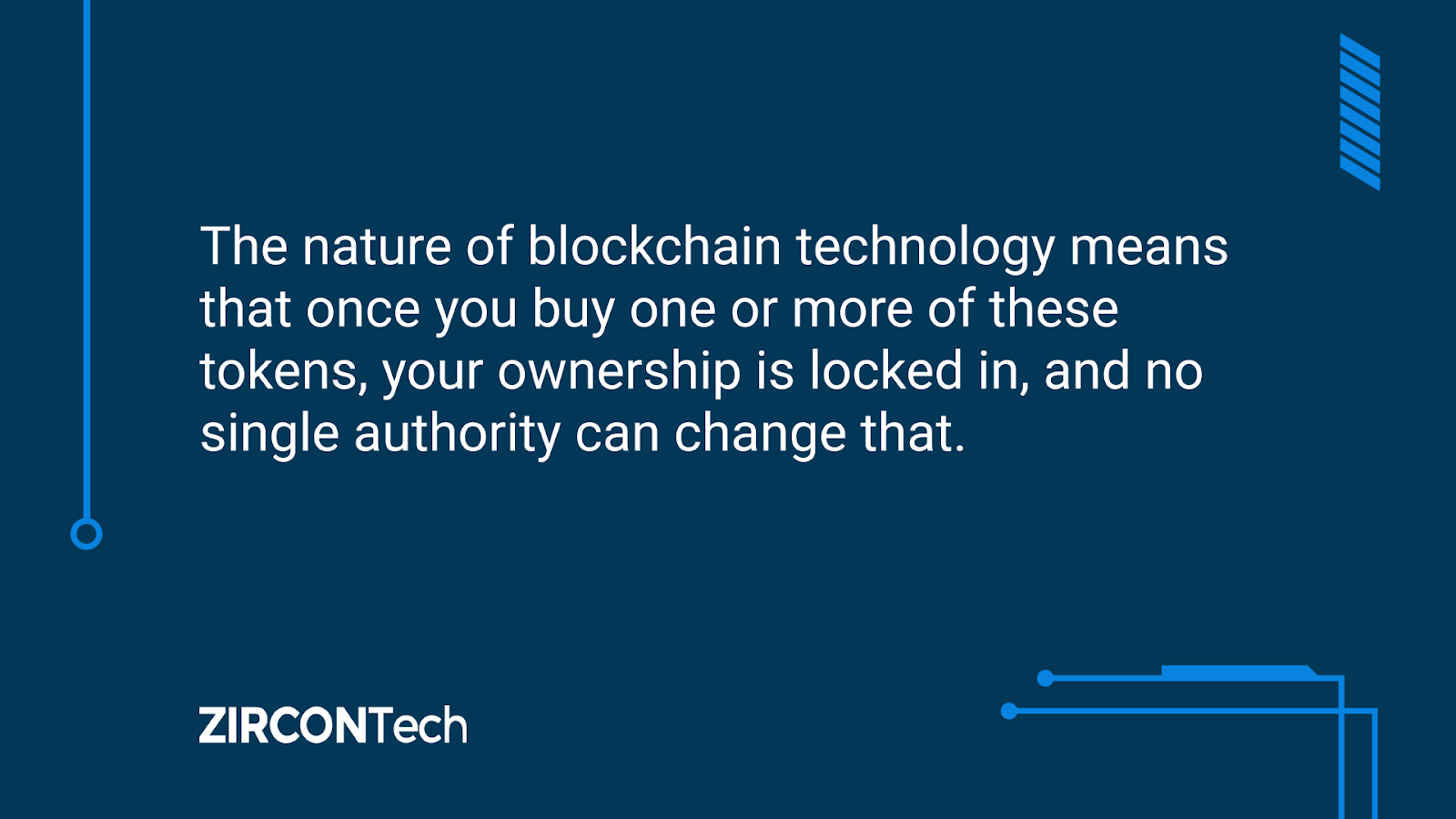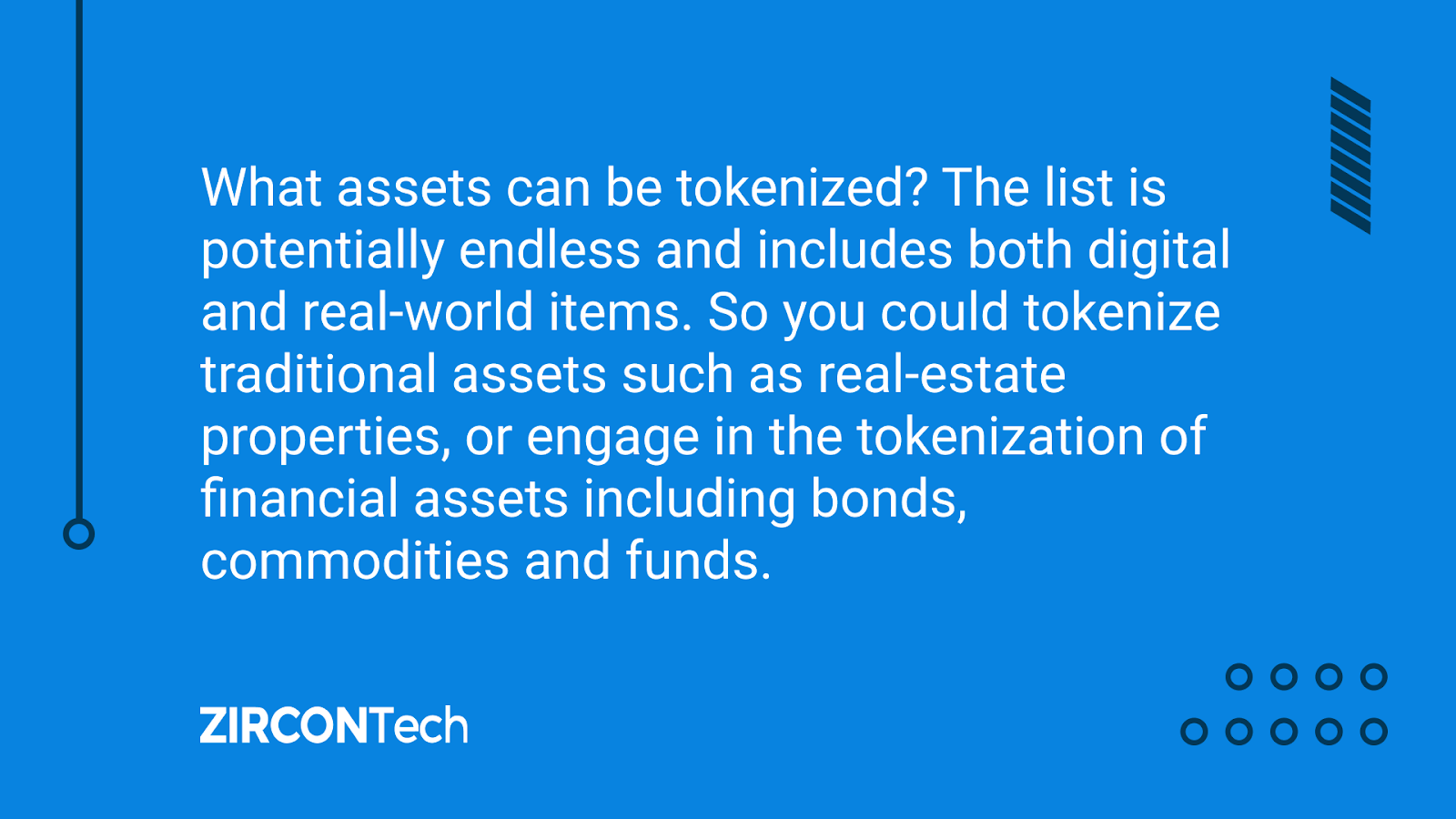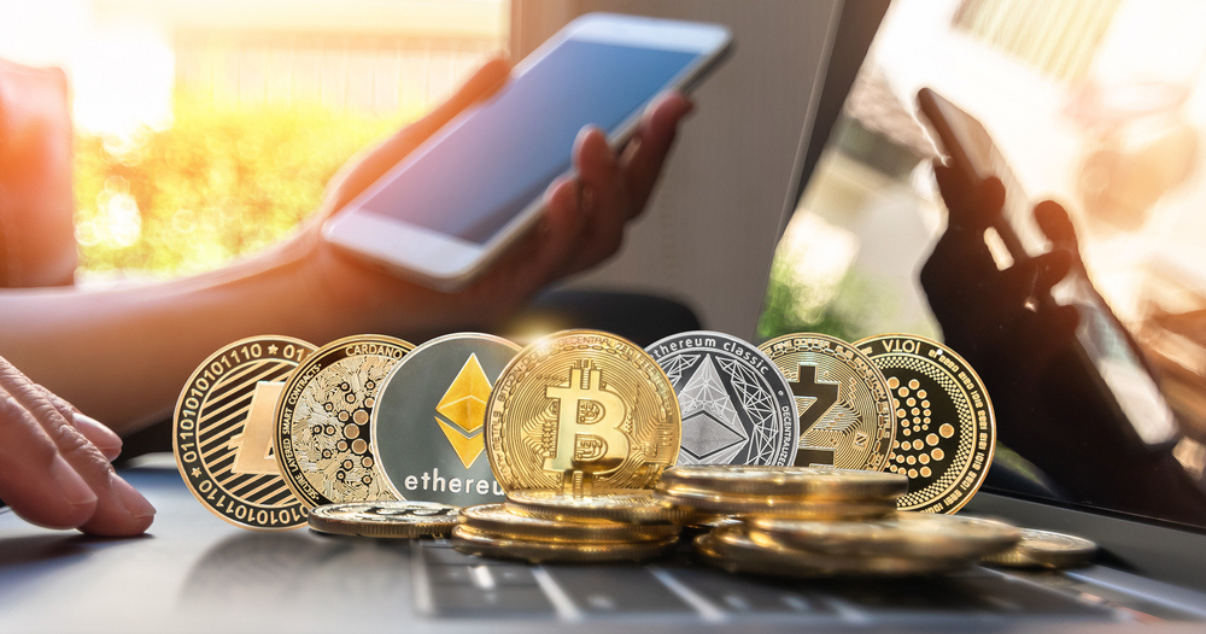
The Tokenization of Assets and its Benefits, Now and in the Future
Asset tokenization is a key process by which increased numbers of people can become involved in the ownership of, and investment in, a wide range of properties linked to the blockchain.
To put it simply, the tokenization of assets enables an owner of those assets to create digital tokens on a distributed ledger. Each token represents an asset, or a part of that asset.

The application of the tokenization of assets is potentially vast. Owners of a huge variety of tradable assets can use this process to raise finance by breaking down the value of that property into much smaller units.
One example of a context in which the ownership and trading of assets has been historically illiquid is real estate. There are ways in which, as we will see below, the tokenization of real estate using blockchain technology promises to change the nature of that landscape and the way property is bought, sold, and owned.
There are various benefits of asset tokenization. They include increased liquidity in markets that are traditionally less liquid. That in turn means an asset’s value is retained, meaning its owner can charge a fair price when they sell it; and the process of managing the transactions around tokenized assets is far more streamlined. We’ll look in further detail at the benefits of asset tokenization later.
If you are interested in the tokenization of assets as part of a project your business is planning, speak to ZirconTech. Our expertise in blockchain technology means we are an ideal partner for any organization requiring assistance in the delivery of transformation projects that involve concepts such as asset tokenization.
What is Asset Tokenization?
To tokenize an asset, its owner issues digital tokens that are created and stored on a distributed ledger. That means each of those tokens is now available to be transacted.

You could also tokenize artwork, precious gems, sports collectibles, or pieces of audio or video.
There are, however, three distinct categories into which most assets fall:
- Asset: Any item, either personal or commercial, that carries a financial value. This can include property and cash.
- Funds: Investors in an investment fund are able to tokenize that fund, with each token representing an investor’s share. This also applies to equity, such as shares.
- Services: A commercial enterprise can raise funds by tokenizing its products and services as assets; investors can then purchase the tokens to access those services.
It is also important to understand that there are two types of tokenized assets, fungible and non-fungible. The differences between them are as follows:
Fungible: These assets are interchangeable, because each one has the same market value. If fungible asset tokenization takes place relating to a piece of cryptocurrency, for instance, and each token has the same value, they can technically be easily exchanged. Fungible assets are also divisible, and can be divided into as many equal portions as their owners decide.
Non-Fungible: Non-fungible tokens, or NFTs, have attracted extraordinary levels of attention in recent years, and have opened the eyes of many people to the potential benefits of asset tokenization. Each NFT represents a unique value and differs from another token of the same type. As a result, NFTs tend to be non-divisible, though there have been a few occasions when asset owners have facilitated fractional ownership of NFTs.
Tokenization of Real Estate using Blockchain Technology
The sector that illustrates most vividly the value and benefits of the tokenization of assets is arguably real estate. This is a field that is characterized by assets that have a large single valuation – think of a big house, or an industrial estate.
If you want to raise some money, this is difficult unless you sell the entire property. However, by using asset tokenization, you can release some of the value of your property while still retaining overall ownership and continuing to live in the property.

Let’s look at the example of a residence worth $300,000. By tokenizing this asset, you could change your ownership and rather than having a single asset – enshrined traditionally in a title deed – you could convert it into a number of tokens.
You could make each token worth a tiny fraction of the overall value, and change the expression of your home’s ownership into 300,000 tokens – or 100,000, or 30,000. The decision is yours.
By creating digital tokens on a blockchain, and selling as many as you are comfortable to see pass into other ownership, you could raise tens of thousands of dollars while still keeping the majority of the tokens to ensure you remain the owner of the property.
The flipside of this process is that people who could not afford to own an entire piece of real estate can invest in, and enjoy a small share of the ownership of, some real estate that has been fragmented into fractional tokens.
Each of the tokens on the blockchain will be subject to a smart contract, which lays out the specifics of the asset that is being tokenized.
And because you are engaged in the tokenization of real estate using blockchain technology, the entire process is completely transparent.
The Benefits of Asset Tokenization
There are several reasons why the tokenization of assets represents a shrewd move for people who own assets in a variety of contexts. These benefits apply to people considering the tokenization of financial assets, the tokenization of real estate using blockchain technology, and many more.
The principal benefits of the tokenization of assets are as follows:
Transparency
One of the defining characteristics of blockchain technology is that it brings transparency to all the transactions conducted within the blockchain.
In a sector as complex as real estate, which often involves several parties, this is a significant benefit. Smart contracts are automated, which means there is no possibility for human intervention that can derail or hold up a deal.
The absence of paperwork means that many of the delays associated with a traditional real estate transaction are no longer present in the process. No longer is it a concern that you have to wait for an office to open; the deal can go through around the clock, cleanly and efficiently.
Increased liquidity
This is perhaps the most significant of all the benefits of asset tokenization. Taking once more the example of real estate, this has long been a field in which liquidity was a problem.
Fractional asset ownership has the effect of increasing the degree of liquidity in a market. The effect of fragmenting the ownership of a property in any context through asset tokenization is to increase liquidity and, therefore, make deals easier to complete.
In the real estate example above, a property owner who tokenizes their asset can raise the capital they need, and do so in a way that increases the level of liquidity around that asset.
Tokens can be transacted far more quickly than the entirety of a large asset, which means ownership can change with less delay.
Opportunities for smaller investors
For many people interested in investing in real estate, or other fields filled with assets of high value, the sheer cost involved when purchasing an entire asset has always been a significant deterrent.
The tokenization of assets makes investing in property far more feasible for the smaller investor. Instead of having to accumulate a daunting sum, it is possible to invest a relatively modest amount that in return gives you a small share in a large asset.
No longer is it essential to have deep pockets to invest in real estate, for example. A few hundred dollars might be enough to secure a token that gives you a fractional stake in a property.
Free-flowing marketplace
The degree of regulation involved in traditional markets means that things tend to move very slowly. The decentralized nature of blockchain technology, in contrast, encourages a free-blowing market.
By eliminating the amount of regulation involved, and using a system that is without biases, asset tokenization streamlines transactions and leads to a far less congested and convoluted marketplace.
More consistent pricing
If you are struggling to sell an asset in its entirety, it is tempting to incentivize potential buyers by dropping the price. The tokenization of assets ensures that a transaction will proceed more swiftly, meaning in turn that owners can still sell at the price they want.
Reduced costs
When you are selling a significant asset, such as a piece of real estate, in the traditional world this will involve several associated parties such as agents and lawyers.
By choosing the option of asset tokenization, you cut all of those expensive extra pairs of hands out of the deal. The process will be largely automated if you go through a decentralized platform, which saves you both time and money.
Less counterparty risk
The presence of several associated parties in a traditional transaction, especially in real estate, adds to the number of ways in which that deal can go wrong.
The decreased degree of human involvement in an automated process facilitated by asset tokenization means there are fewer weak links in the chain, which in turn cuts down on the risk of counterparty involvement.
It has to be admitted that there are certain risks associated with asset tokenization, in particular the tokenization of real estate using blockchain technology.
For instance, there are several factors that increase volatility around the price of assets, such as a loss of liquidity or changes in regulation.
Also, although the blockchain is largely robust, there are constant attempts by hackers to access the code of smart contracts. If you consult a potential partner with the level of expertise in this field that ZirconTech has, we can guide you through the potential pitfalls and ensure your asset tokenization strategy is as secure as possible.
The Future of Asset Tokenization
What is next for this exciting and intriguing new method of investing, buying and selling valuable assets?
Despite the clear benefits of asset tokenization, and the broad slew of market places in which it could make a positive difference, it may be some time before the widespread tokenization of assets is with us.

This process represents a radical departure from the traditional way of doing things, and many people will be hesitant to embrace it. Additionally, the regulations and laws governing markets impacted by increased asset tokenization will have to be revised and upgraded, and establishing the new norms will not take place instantly.
Nevertheless, it is conceivable that by 2030 asset tokenization could be a commonplace way of conducting transactions. Think of how different the real estate marketplace would look if an automated, transparent and seamless methodology became accepted rather than the time-consuming and expensive process that slows down so many transactions currently.
Democratization of previously exclusive sectors, such as real estate, could drive a far greater diversity among the owners of assets in those sectors. And as the demand lessens for professionals involved in the administration of transactions, so the need will increase for a new type of service provider.
Conclusion: Speak to ZirconTech now about Asset Tokenization
ZirconTech is a leader in the field of blockchain technology. We work on transformational digital projects with a host of clients, and are perfectly placed to advise you on your asset tokenization plans.
Get in touch today so that we can discuss your requirements and begin the work of planning an asset tokenization strategy that will deliver the results you need.